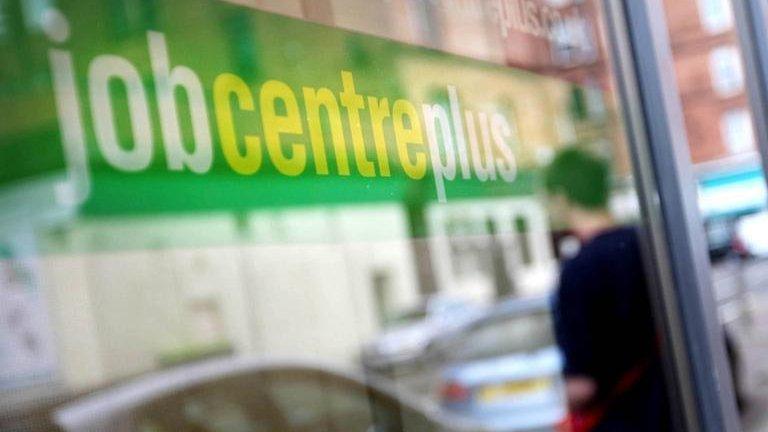Benefits changes 'will hit poorest', Carwyn Jones warns
- Published

Carwyn Jones: Changing the benefit system could drive more people into poverty
Reforming benefits could undo attempts to improve life chances in Wales, First Minister Carwyn Jones has warned.
Efforts by the Welsh government to boost social mobility could be undermined by changes to the welfare system in Westminster, he said.
The UK government is pursuing plans to cut £7bn in welfare spending, including changes to incapacity, housing benefit and tax credits.
It said reforms would encourage people into work, some for the first time.
The Welfare Reform Bill, currently going through parliament, includes some of the most radical reforms since the creation of the welfare state.
Among planned changes are an overall cap on a family's benefits of £26,000 and new tests for those claiming incapacity benefit. A single Universal Credit will replace six income-related work-based benefits.
More than £2.5bn was spent on sickness benefits in Wales last year and the most recent figures showed there were 78,300 people in Wales on Jobseekers' Allowance in September - 6,500 more than the same time last year.
Free prescriptions
The benefits system is not devolved, but the Welsh government says some of its most notable policies - such as free prescriptions and free bus passes for the over-60s and disabled people - are meant to improve social mobility.
Mr Jones told a welfare to work conference in Cardiff on Wednesday that the Welsh government fears benefits changes could squeeze the least well off.
Advisers to the Welsh government are monitoring the cumulative impact of welfare changes.
Mr Jones welcomed the goal of creating a simpler and more transparent benefit system.
"However, we are concerned that rather than achieving the ambitions set out by the UK government, the impact of changes could drive people into greater poverty, particularly those most vulnerable in our society."
Dynamic impact
He said: "We are worried about areas where proposals with far-reaching consequences appear to be based on scant evidence.
"We have concerns that the UK government benefit changes have the potential to undermine or remove the efforts of my government towards greater social inclusion and social mobility."
A spokeswoman for the Department for Work and Pensions said: "Our wide-ranging reforms will have a dynamic impact on some of the poorest families, encouraging people into work, many for the first time and improving the life chances of children at an early age.
"Universal Credit will make work pay and lift almost a million people, including 350,000 children out of poverty."
- Published27 October 2011

- Published5 July 2011

- Published15 February 2015
